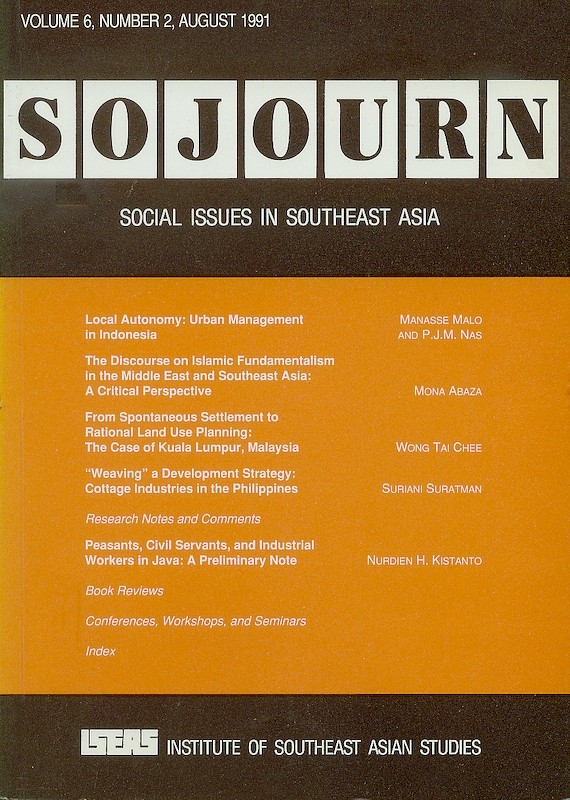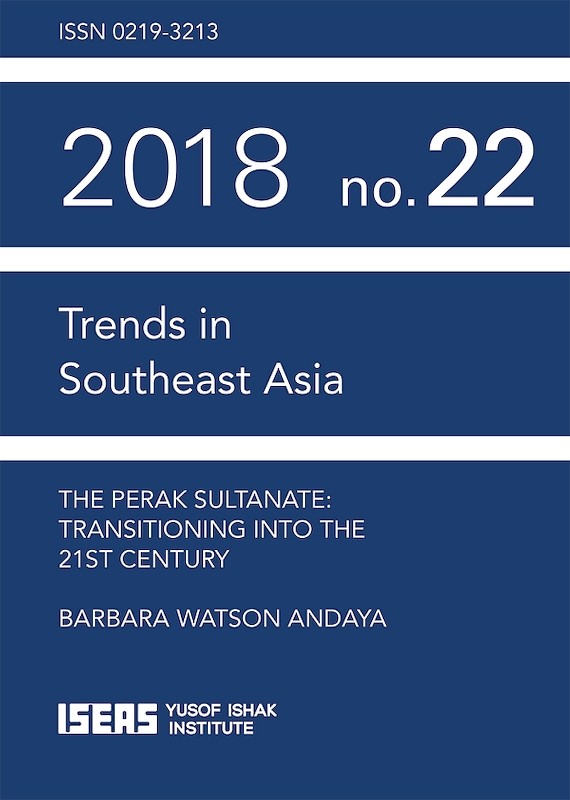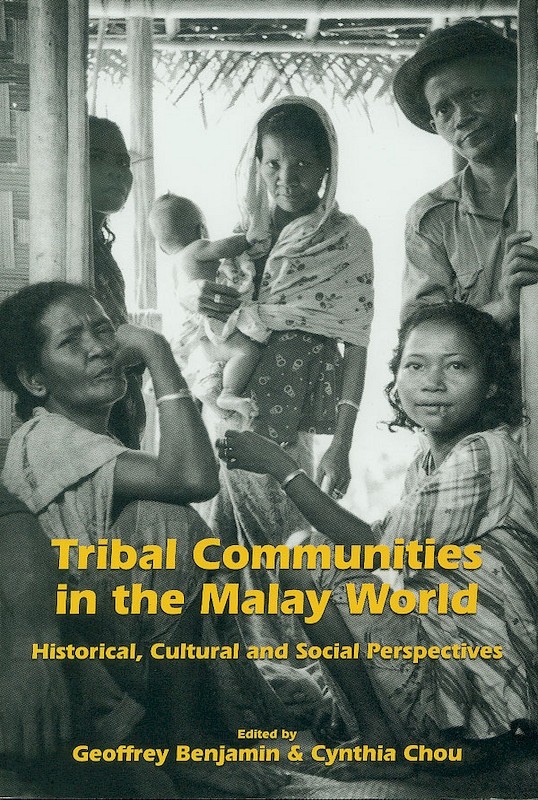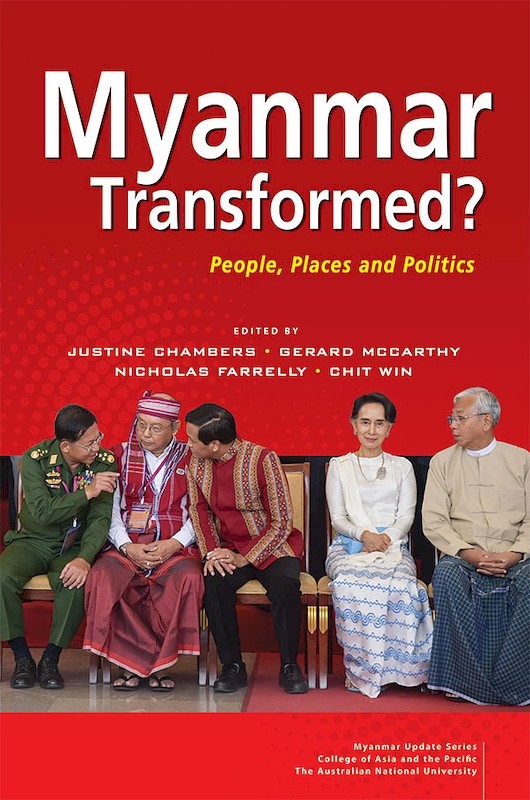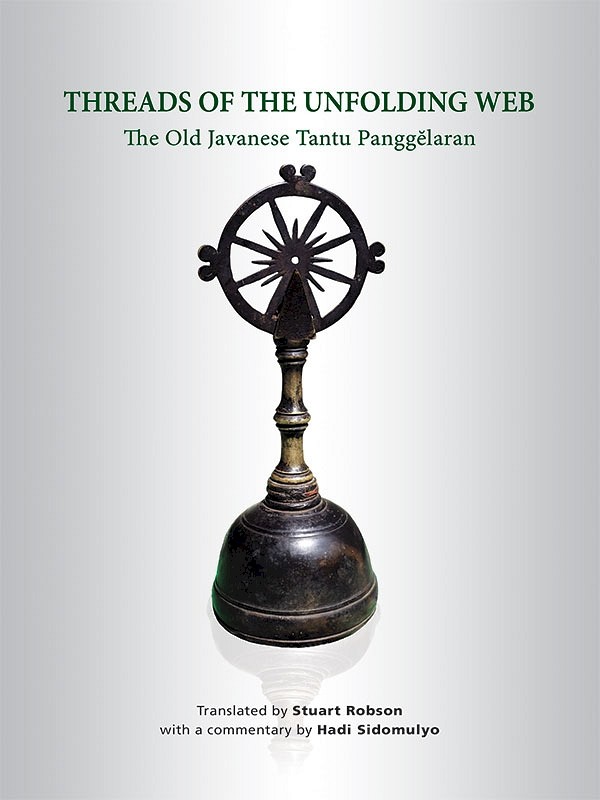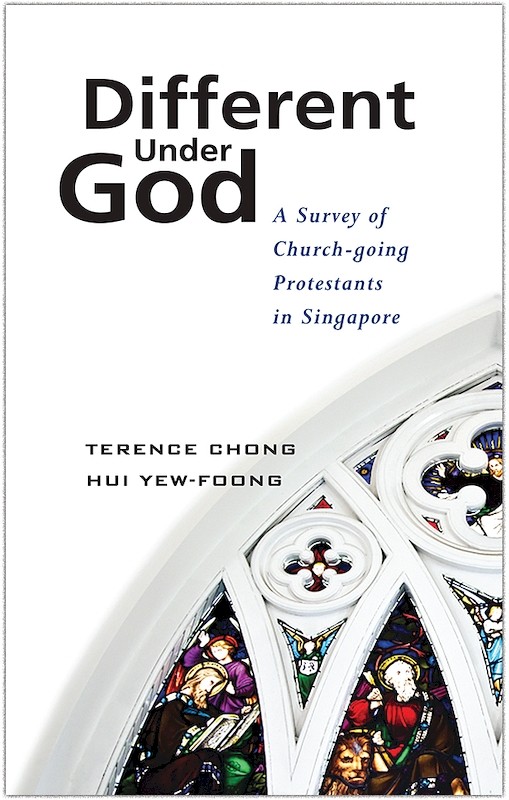The Lisu: Far from the Ruler
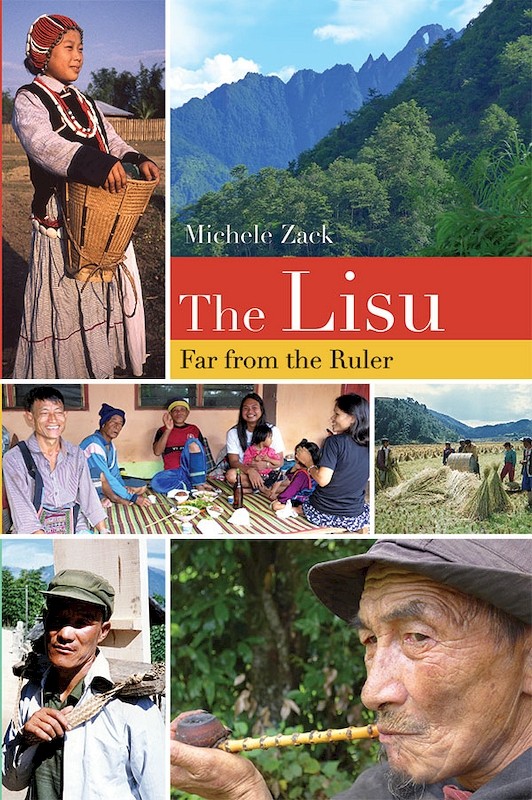
Michele Zack, author
Date of publication:
2018
Publisher:
ISEAS – Yusof Ishak Institute / University Press of Colorado
Number of pages:
349
Code:
BM564
Soft Cover
ISBN: 9789814818582
Reviews
Michael Vatikiotis, "Loss and Chance" Mekong Review, Vol. 5: 1, Nov 2019.
"...Michele Zack's wonderful new book on the Lisu casts a fresh eye on one of the more interesting of Southeast Asia's hill people. As a journalist with experience in Southeast Asia who has specialised in writing the history of local communities in the United States, she manages to make the customs and culture accessible, but also, over the three decades she has been following the Lisu, she offers a valuable comparative look at the fortunes of the Lisu over time and across a much transformed region.
This experience frames the overall conclusion of the book, which is that while the Lisu may no longer be living far from the ruler, and have started to lose their strong traditions of self-reliance and independence, she argues that their individualistic drive and pluck will stand them in good stead for the future, as they continue to strive for dignity and esteem. As she writes, "Loss and opportunity go together." And as another Lisu proverb has it: " What you eat now is yours; if you save it, it could become someone else's."
Mark Bender, Asian Ethnology 77.
"The title of this volume plays on the thesis put forth by James Scott that upland cultures in the Himalayan watersheds purposely took to the hills to escape state power and evolved anarchist societies across the constructed expanse of "Zomia." Michele Zack offers a journalistic view of what has become of one of these societies, the Lisu.
Over a span of two decades Zack visited Lahu areas of China, Myanmar and Thailand, interviewing local officials and common folk. Drawing on her experiences and the works of missionaries and anthropologists, the book presents a multi-faceted picture of the Lisu while recognising the diversity within the ethnic tag. The intricately written work not only introduces relevant facts on the Lisu, but provides useful context on the larger situation of the states in which they reside. Zack created a network of sources that enabled her to visit and revisit many of these places, thus enabling firsthand perspectives on the massive cultural changes that have already taken place in a relatively short time in three transnational Lisu areas.
Throughout the work, Zack gives insights into folk ideas that help understand Lisu motivations and values."
Masao Ayabe, Anthropos, 2019.
"This voluminous text, which the author humbly calls an extension of her "expensive hobby," is a first-rate ethnographic documentation of the Lisu people across three countries: Thailand, Myanmar and China.
Zack's book should be evaluated as the third and greatest contribution in publicizing the Lisu in the wider world. Probably because of the author's journalistic background, the text involves no anthropological circumlocution or epistemic entanglement. It is not just a page turner - it is also a valuable record of her association with the Lisu people over thirty years. Through Zack does not use the term to refer to her work, it is an ethnography with a refined reportage style on the Lisu, who are presently experiencing hyper-modernization and are striving to maintain their unique characteristics beyond the boundaries of nation states and religions by mobilizing emergent creativity.
The work is even more important because the author does not dwell on national difference in depicting the Lisu, as she maintains a bird's eye view of the three countries they inhabit. The numerous publications on the Lisu written in Burmese and Chinese are seldom translated into other languages and tend to be regarded as either Christian-oriented or politically biased."
Lia Genovese. Bangkok Post, "In the Land of the Lisu," 2 March 2018, https://www.bangkokpost.com/lifestyle/book/1420867/in-the-land-of-the-lisu .
The Lisu: Far From The Ruler, by award-winning journalist and historian Michele Zack, documents 30 years of globalization for this hill-dwelling ethnic group whose name in China means "those who have come down from the roof of the world," a possible reference to the eastern Tibetan plateau.
Part I of the book traces the origins of the Lisu, their history into modern times, migration routes, identity and cultural fluidity, social organization, symbolism and dispute resolution. Part II deals with aspects of gender roles, including courtship and bride-price negotiations, the household including division of labour, feasting, cosmic views and the economy, where Lisu women act as equal partners. The book ends with an overview that sketches the group's presence in Thailand, Myanmar and China, where most of the 1.5 million Lisu live.
About the publication
This first-ever book about the Lisu brings their ironic worldview to life through vivid, often amusing accounts of individuals, communities, regions, and practices. One of the smallest and last groups of stateless people, and the most egalitarian of all Southeast Asian highland minorities, the Lisu have not only survived extremes at the crossroads of civil wars, the drug trade, and state-sponsored oppression but adapted to modern politics and technology without losing their identity.
The Lisu: Far from the Ruler weaves a lively narrative that condenses humanity’s transition from border-free tribal groupings into today’s nation-states and global market economy. Journalist and historian Michele Zack first encountered the Lisu in the 1980s and conducted research and fieldwork among them in the 1990s. In 2014 she again travelled extensively in tribal areas of Thailand, Myanmar, and China, documenting the transformative changes of globalization. Some Lisu have adopted successful new urban occupations in business and politics, while most continue to live as agriculturists “far from the ruler.”
Co-publication: ISEAS – Yusof Ishak Institute / University Press of Colorado
The ISEAS edition is for distribution in Southeast Asia.

